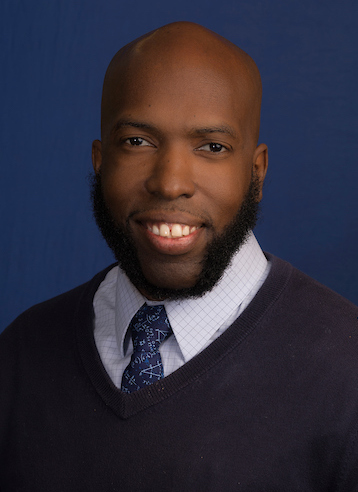Dr. Bryan M. Dewsbury
|
Speaker: Dr. Bryan M. Dewsbury Assistant Professor College of the Environment and Life Sciences The University of Rhode Island
Principal Investigator, Science Education And Society Research Program Thursday, April 11th 12:30pm-1:30pm Location: PSB 240, UCSC |
 |
Thursday April 11th Seminar:
Title: Teaching for meaning and purpose - Inclusive practices in academe
About Dr. Dewsbury:
Dr. Dewsbury the Principal Investigator of the Science Education & Society (SEAS) research program.
The SEAS research program focuses on questions relating to identity constructs, bias, relationships, and the effects of those variables on learning in students (K-PhD).
More specifically he is interested in how students (especially those in underrepresented groups) develop perceptions of the world and others, and how these perceptions might in turn affect their engagement with science content, career choices, and ultimately their academic performance. Central to the formation of these constructs are the presence of hidden biases, stereotype threat, and mindset. He uses a variety of qualitative and quantitative methods to deduce the effects of these forces, and partner with local schools and URI to implement interventions that have proven to be effective.
Ultimately Dr. Dewsbury is interested in helping to re-frame the education discussion to better address questions of equity and community-building, with the belief that the solutions to these are equally important to student exposure to content. In the process, his work addresses pressing issues such as student retention in STEM fields (especially in higher ed), the under-representation of minority groups in certain STEM fields, and the role of affect domain in student learning gains. He also uses the results of the efforts to develop curricula that are more inclusive of these new understandings of what makes students successful.
